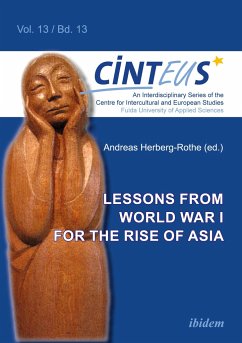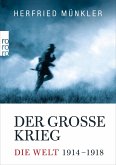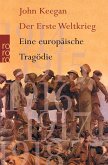This groundbreaking volume offers a historical comparison between the events leading up to World War I and current global tensions related to the economical and political rise of Asia. What are the risks that the desire of the new super power China and great powers like India to be recognized by the West could set off a chain of events resulting in the nightmare of a great power war?
Assessing the similarities as well as differences between the build-up of World War I and today, it is argued that we need to understand the driving forces behind the scene of global politics: The conflict between rising, established, and disintegrating powers and the desire of recognition on all sides. Carefully dissecting the current power dynamics in play, the authors hope to contribute to a better understanding of world events in order to ensure that history will not repeat itself.
Assessing the similarities as well as differences between the build-up of World War I and today, it is argued that we need to understand the driving forces behind the scene of global politics: The conflict between rising, established, and disintegrating powers and the desire of recognition on all sides. Carefully dissecting the current power dynamics in play, the authors hope to contribute to a better understanding of world events in order to ensure that history will not repeat itself.
"These lively essays, reflecting a wide range of perspectives and approaches, offer both deep insights into the forces and factors that led to war in Europe a century ago, and important lessons for the future of Asia. They draw on extensive historical knowledge and real expertise in contemporary Asian affairs, and engage directly in key policy debates. A major contribution to a vital subject. Strongly recommended!"?Hugh White, author of "The China Choice: Why America Should Share Power" and Professor of Strategic Studies at the Australian National University








